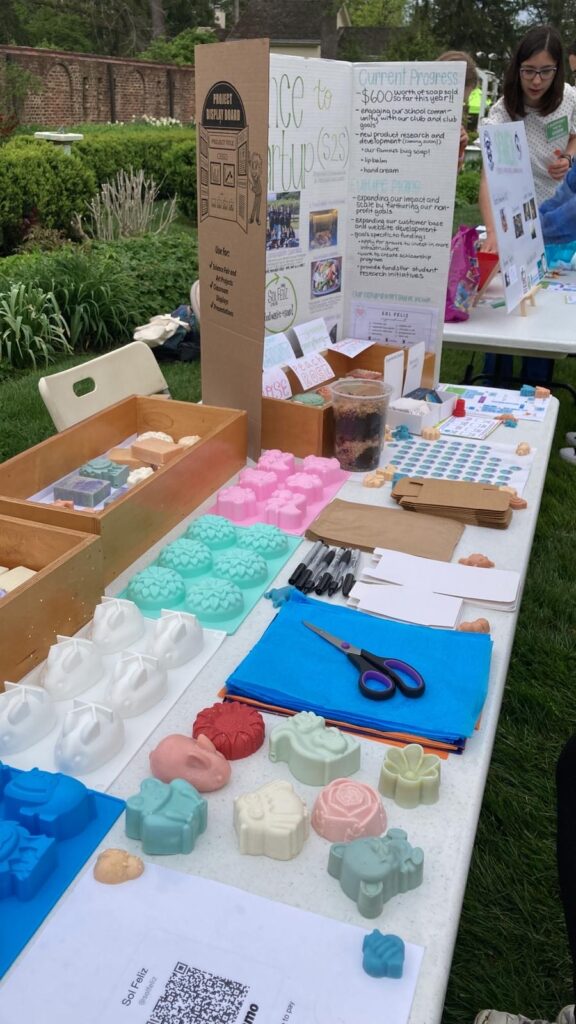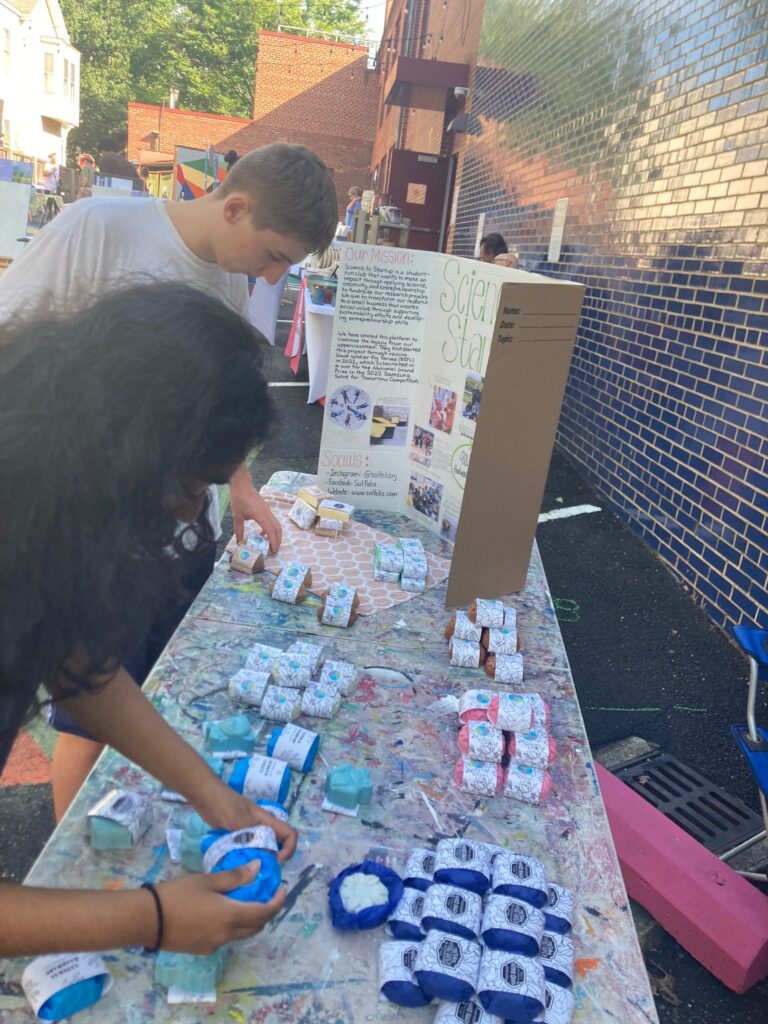Jenny got the chance to speak with Raya Kondakindi, a student at Princeton High School and a member of the Science to Startup (S2S) club. S2S is a student-run club that aims to make an impact by applying science, creativity, and entrepreneurship to their research projects. S2S students aspire to transform their research into a small business that creates social value by supporting sustainability efforts and developing entrepreneurship skills.
Jenny: I hear that the S2S club is focused on finding solutions to palm oil. Please help us understand the issue you are trying to address.
Raya: Sadly, palm oil plantations are a leading cause of deforestation, particularly in tropical regions. Not only do we lose carbon sinks with deforestation, but we also destroy habitats and threaten biodiversity. Intensive farming for palm oil further depletes soil nutrients, increases erosion, and pollutes waterways, while monoculture plantations face greater risks from pests and diseases.
At the same time, there is widespread demand for palm oil around the globe. It is common in processed foods and snacks, and in some areas, it is a primary cooking fuel. It is also widespread in soaps, shampoos, and other personal care products, detergents and cleaners, industrial processes, and pharmaceuticals.
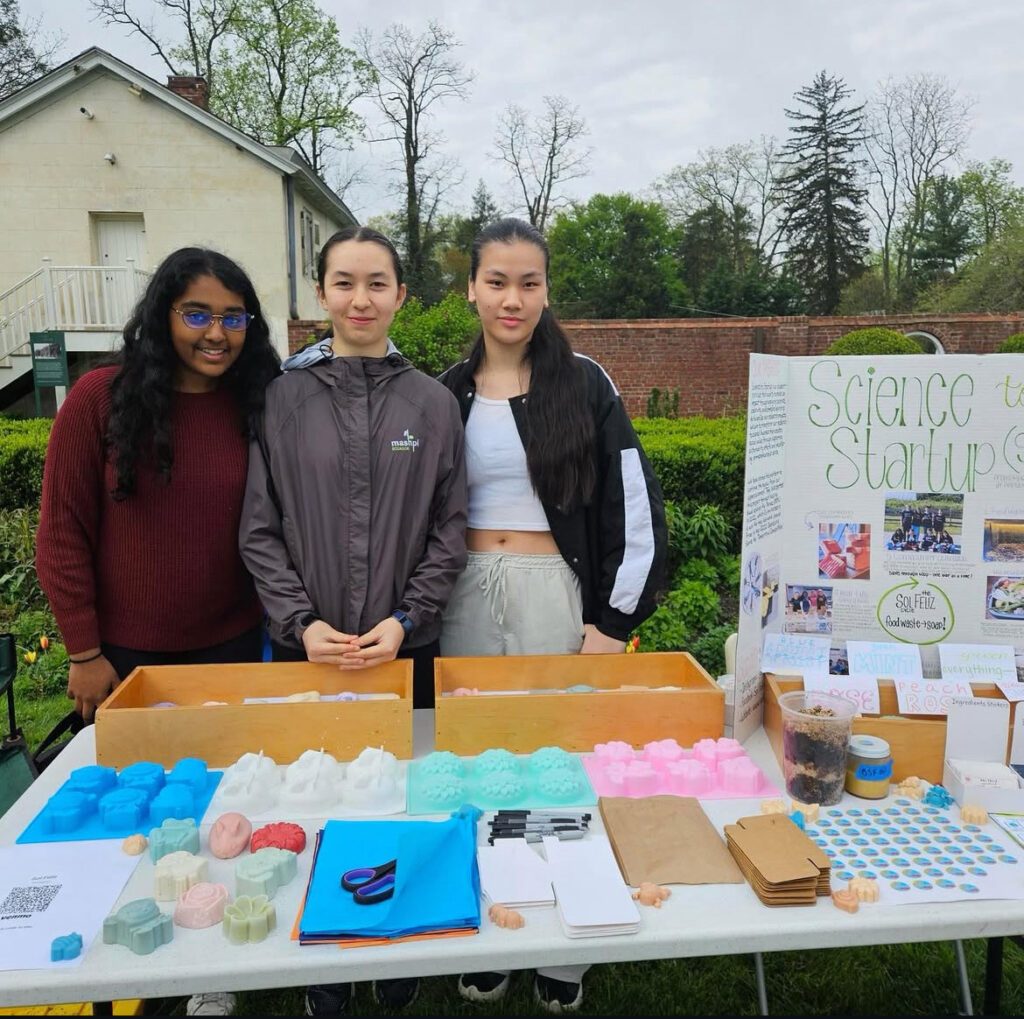
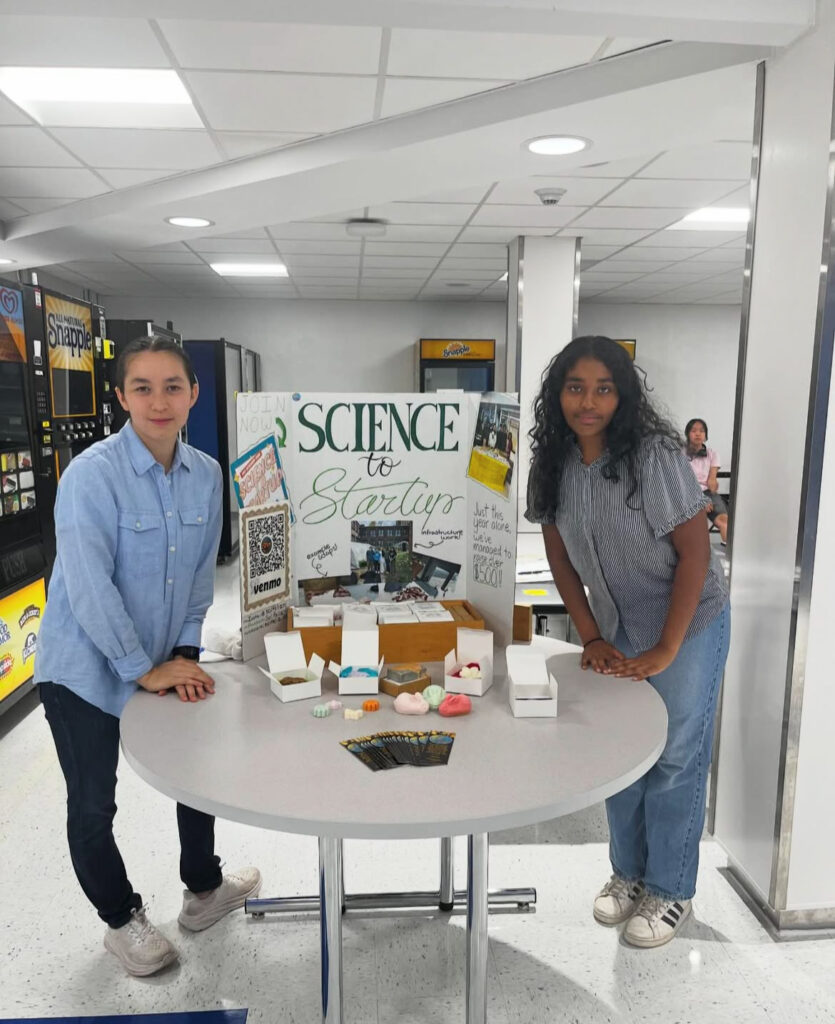
Jenny: What are PHS students doing about this?
Raya: Several years ago, a group of PHS research students started raising black soldier fly larvae and realized these little critters are quite valuable. First, they eat food waste – and by that, we mean, every type of food scrap you could imagine. Students collect these food scraps from the PHS cafeteria and a few restaurants in the community, including Jammin Crepes. By diverting food waste from the landfill, these flies help to lower our community’s carbon footprint.
But that’s not all. After digesting all of these food scraps, these little larvae gain lots of fat, and that high-fat content means they also make great oils.
Jenny: Wait! You make oil from bugs?!
Raya: Yes, first we roast them, and then we cold-press them to generate the oil, which we then use to make beautiful, scented soaps that work just as well as traditional soaps to sanitize. If you want to learn more about this fascinating work, watch the Bug Power video
But we also make our soaps from other oils. We don’t have enough space for soldier fly larvae to generate the oil we need, and we’ve also become concerned about the energy intensity of the oil harvest processes. So we now make our soaps from more sustainable oils, like those from coconut, jojoba, and Vitamin E, and are working towards producing the soaps on a larger scale.
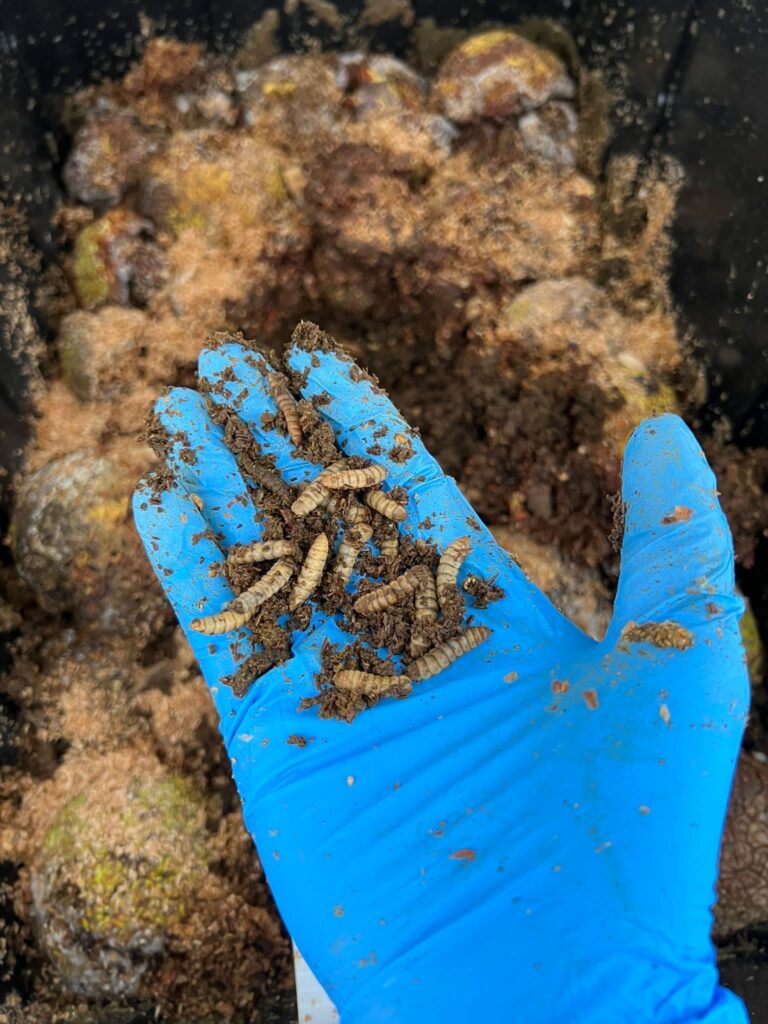
Jenny: So, where can we buy these soaps?
Raya: The S2S club makes and sells these sustainable soaps within the high school, at Princeton Makes, at several events hosted by the Arts Council, and online at solfeliz.com and on Instagram at @solfeliznj.
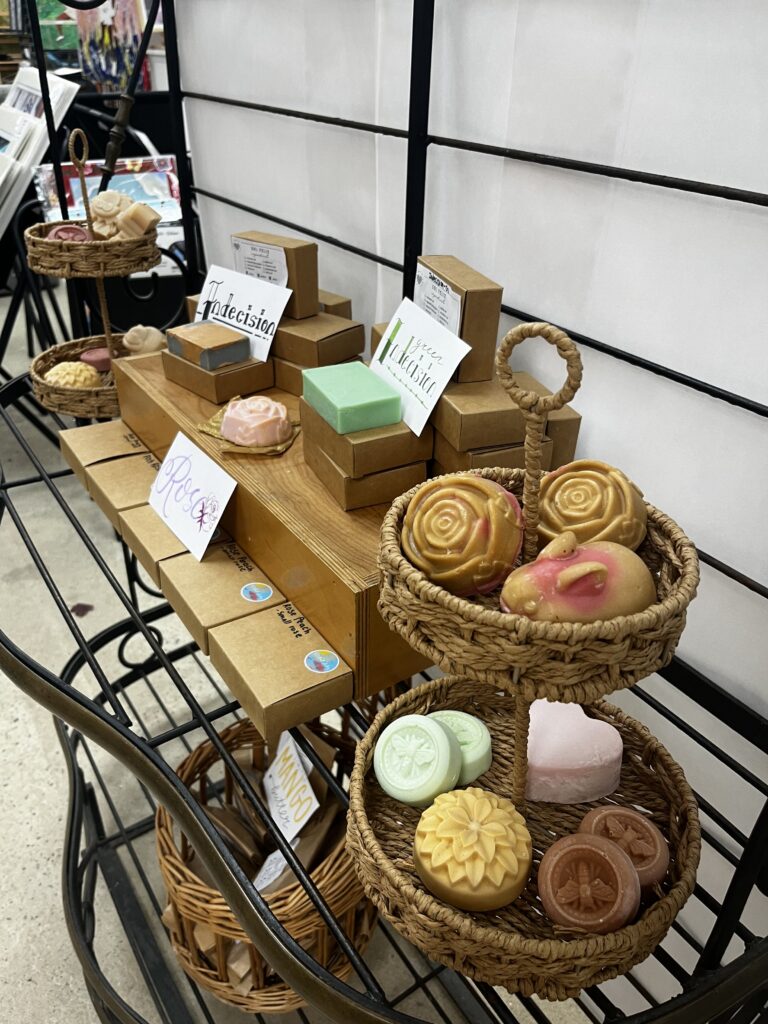
Jenny: Thanks, Raya, for speaking with me, but also for working on this important project!
